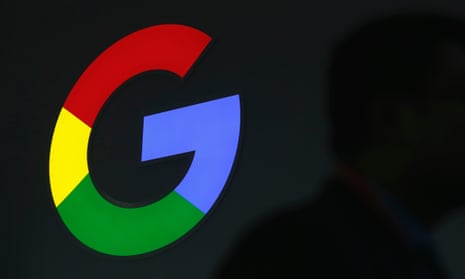Google will ban all adverts for cryptocurrencies, including bitcoin and initial coin offerings (ICOs), as it seeks to “tackle emerging threats”.
The ad ban will come into force from June as part of a clampdown on unregulated financial products. Google’s director of sustainable ads, Scott Spencer, said in a blogpost: “We updated several policies to address ads in unregulated or speculative financial products like binary options, cryptocurrency, foreign exchange markets and contracts for difference (or CFDs).”
Google said its ban includes cryptocurrency exchanges and wallets. The company will also begin blocking some gambling ads, such as those for services using virtual items worth real-world money, known as skins betting, as it seeks to “combat new threats and improve the ads experience online”.
The move follows similar bans made by advertising rival Facebook, which banned all cryptocurrency and ICO adverts in January after finding that many were being used to scam potential investors.
“As consumer trends evolve, as our methods to protect the open web get better, so do online scams,” said Scott. “Improving the ads experience across the web, whether that’s removing harmful ads or intrusive ads, will continue to be a top priority for us.”
Bitcoin and its cryptocurrency siblings such as ethereum have exploded in popularity over the last couple of years, fuelling a rapid growth in value peaking at just under $20,000 per bitcoin in 2017. Bitcoin was trading at around $8,800 at the time of publishing, according to data from Bitstamp.
Cryptocurrency trading has attracted scam artists as it it is unregulated, with ICOs being used to generate millions of dollars that can simply disappear along with their operators, leaving investors out of pocket.
Google said it removed more than 3.2bn ads that violated its policies in 2017, blocking what it described as the “majority of bad ad experiences”, including malvertising and phishing scams.
Google’s parent company Alphabet makes roughly 85% of its revenue from advertising. It is estimated to bring in more than $40bn in ad revenues over the course of 2018, almost half the entire global $94bn market, beating Facebook, which earns $22bn, into second place.
Meanwhile, UK-based cryptocurrency exchange Coinbase became the first to link up with a major bank, gaining an e-money licence from the Financial Conduct Authority and opening a bank account with Barclays to facilitate Faster Payments.
The move will give users the “comfort of knowing transactions are subject to more stringent legal requirements around financial crime and the segregation of customer’s money, which can only be good news,” said Bradley Rice, senior regulation lawyer at law firm Ashurst.
